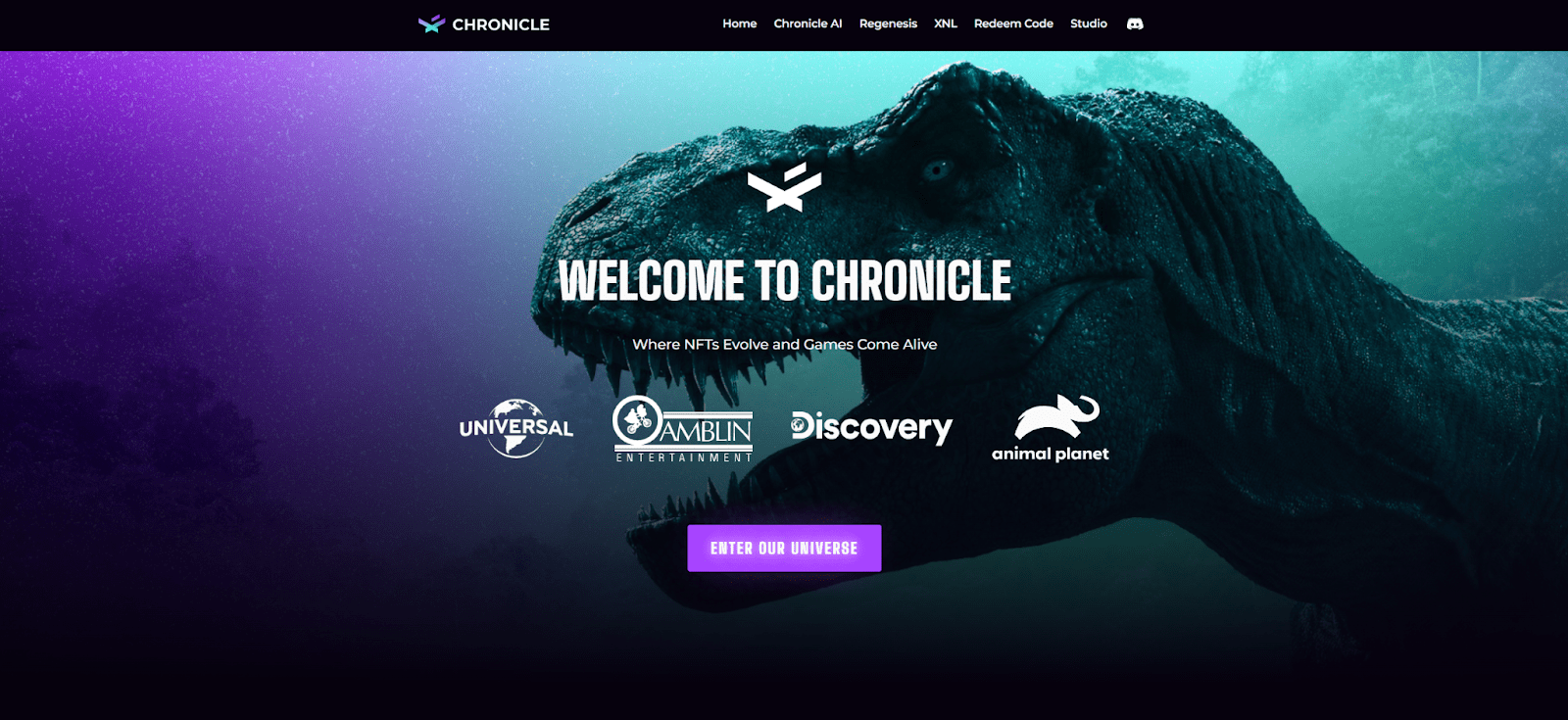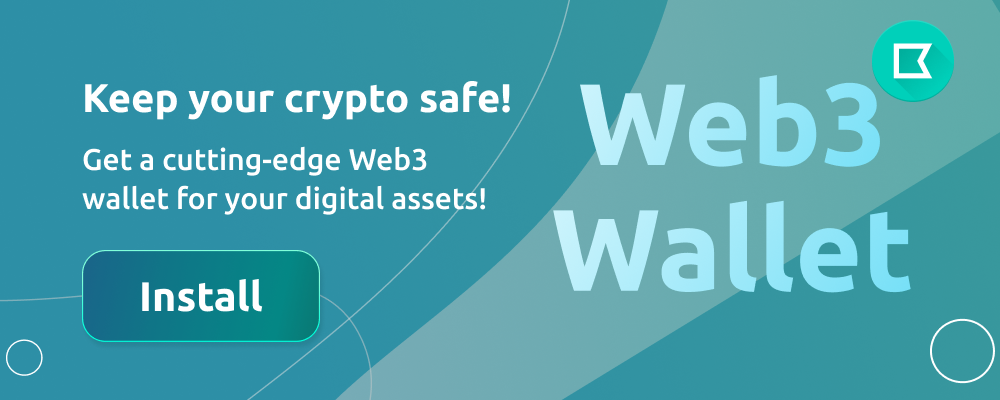

Chronicle (XNL) Review: The Chronicle Protocol Rise and Fall
As part of this XNL review, we’re providing you with a candid opinion of what Chronicle Protocol was, how the XNL token operated, and what drove the project to shut down. Although the Chronicle Protocol had initial promise as a decentralized oracle platform, the project is currently inactive. The token is not even listed on high-profile trading sites, and the site hasn’t been updated since the year 2023. So, what was wrong with Chronicle, and are we able to learn anything from its silent exit?
Contents
- What Was the Chronicle Protocol?
- The Use of the XNL Token
- Why Decentralized Oracles Matter
- Early Strengths and Community Trust
- What Went Wrong?
- The Status of XNL Today
- Is XNL a Rug Pull or Just a Flopped Project?
- What We Can Learn from Chronicle's Closure
- Legacy and Historical Interest
- Conclusion
- FAQs
What Was the Chronicle Protocol?
Chronicle Protocol was an open oracle solution that aimed to provide smart contracts with reliable data. In simple terms, oracles are bridges that connect blockchains with the real world. Chronicle wanted to give accurate, incorruptible data to decentralized apps (dApps) for use in the DeFi space.
The project comes from the MakerDAO ecosystem, where the project was used initially for an in-house oracle system. After that, the project itself became a separate protocol with its own infrastructure and governance system. Chronicle aspired to become a public data utility that is not owned or controlled by a centralized party.
The Use of the XNL Token
The Chronicle Protocol's native token was XNL. It performed the following functions:
- Staking: Members had to stake XNL before they could become data reporters. The system was set to prevent wrongful reporting.
- Governance: Protocol modifications could be voted on by token holders, such as technical upgrades and funding allocations.
- Incentives: XNL was also employed to reward the data providers and other protocol contributors.
The token itself had value within the system, but when the project activity fell, the value of the token decreased also.
Why Decentralized Oracles Matter
To grasp the notion of Chronicle, you need to understand the function of oracles in blockchain environments as well. Blockchains are independent. They cannot reach out for some external information. It is here that oracles come in – they give the chain external information.
These may consist of:
- Cryptocurrency or stock price feeds
- Weather data for insurance products
- Matching events for predicting markets
Chronicle was attempting to become a clear and decentralized substitute for current oracle products, with primary use cases in DeFi instances in which accuracy and fairness are most important.
Early Strengths and Community Trust
Chronicle's peak occurred when individuals realized that it belonged to MakerDAO. The team of developers knew how to develop sustainable systems, and the protocol became an “oracle for everyone.”
Features incorporated included:
- Open governance
- Transparent on-chain reporting
- Network participation through staking
Several of the earlier DeFi projects and community members presumed Chronicle would provide a viable substitute for Chainlink and others.
What Went Wrong?
Although Chronicle Protocol was founded on technical principles, the project lost momentum in the end. The project's activity dropped significantly in 2023, and after mid-2023, there was no further release. The site remained up but stagnant, and the communication channels silent.
A variety of contributing factors are:
- Low Adoption: Oracle products require integration with dApps and platforms. Chronicle was not able to attract major integrations.
- Market Competition: Chainlink was already the go-to oracle provider in DeFi. Competition meant funding and publicity that Chronicle could not maintain.
- Absence of Supporting Exchanges: The XNL token was delisted from all major exchanges. Without liquidity, the user's interest dropped significantly.
- Community Inactivity: Without periodic updates, active governance, or developer engagement, community members ceased to participate.
The Status of XNL Today
The XNL token is not in use currently, as of 2025. The token is therefore not trading on centralized exchanges anymore and records zero volume on the decentralized ones. The explorers also continue to show the outdated wallet balances, but the token's use is not known today.
The website of The Chronicle (chroniclelabs.org) remains active but hasn’t been updated since over a year back. There is no plan, no GitHub commits, and no sign of action from the erstwhile developers.
In terms of real practical use, XNL is a token that is dead, and Chronicle Protocol is an abandoned project.

Is XNL a Rug Pull or Just a Flopped Project?
There is no solid evidence that Chronicle was a scam. The devs were transparent, the code was open-sourced, and the protocol ran for some time. But insufficient growth, poor communication, and market conditions likely killed it.
Most projects in cryptocurrency shut down not because of fraudulent activities, but because they're unable to attract adoption or because the funding is used up. Chronicle is one of them.
What We Can Learn from Chronicle's Closure
The XNL and Chronicle Protocol saga holds several lessons for the user as well as the investor:
- Technology Won’t Be Sufficient: Nor would a well-designed product endure the absence of active marketing, cooperation, and public support.
- Monitor Project Activity: In the event that the project stops sharing content or engaging with the individuals, then that is also a sign.
- Utility Drives Token Price: The token's value only makes sense when the protocol is in use.
- The Competition is Steep: Cryptocurrency projects, even good ones, are overshadowed by better-funded or more popular projects.
Legacy and Historical Interest
Although Chronicle is closed today, it remains part of the history of cryptos, specifically in the use of decentralized oracles. The open-sourced code remains readable for researchers and developers, and there are collectors who hold XNL tokens as a keepsake of the experimental era of the DeFi market.
Chronicle also indicates the risk of excessive dependency on reputation. In spite of the MakerDAO background, the protocol could not gain enough momentum to sustain itself.
Conclusion
Chronicle Protocol and its XNL token once was a promising bet towards the decentralization of access to data. But, like most of the early cryptoprojects, it withered away due to low adoption, lack of market traction, and community radio silence. Although not being a scam, Chronicle now is a testament of the challenges in sustaining long-term innovation in the highly competitive space.
For existing holders of XNL, it is largely a piece of history. For others, it is a reminder that even good ideas will fail if they are not supported by community, use, and ongoing execution.
FAQs
Does XNL currently trade on any exchange?
No. XNL is not trading on any major exchange, and no volume is being actively recorded on decentralised platforms as of 2025.
May I continue to use the Chronicle Protocol?
No. There is no active protocol, neither are there updates available, integrations, nor supported use cases.
What was the primary goal of XNL?
The XNL was employed for staking, governance, and rewards in the Chronicle Protocol. The token's value was tied to the active usage of the now-concluded oracle network.
Was Chronicle associated with MakerDAO?
In fact, the project was initially developed through contributors in MakerDAO but got spun out later as a separate project.
Is Chronicle Protocol a scam?
There is no sign that the project is a scam. There is a sign that the project failed due to the absence of adoption and community support.
Will my XNL tokens become less valuable after the hardfork?
Not very likely. Without an active protocol or market, XNL does not currently have any practical or financial value.

Non ci sono ancora recensioni. Sarai il primo.



